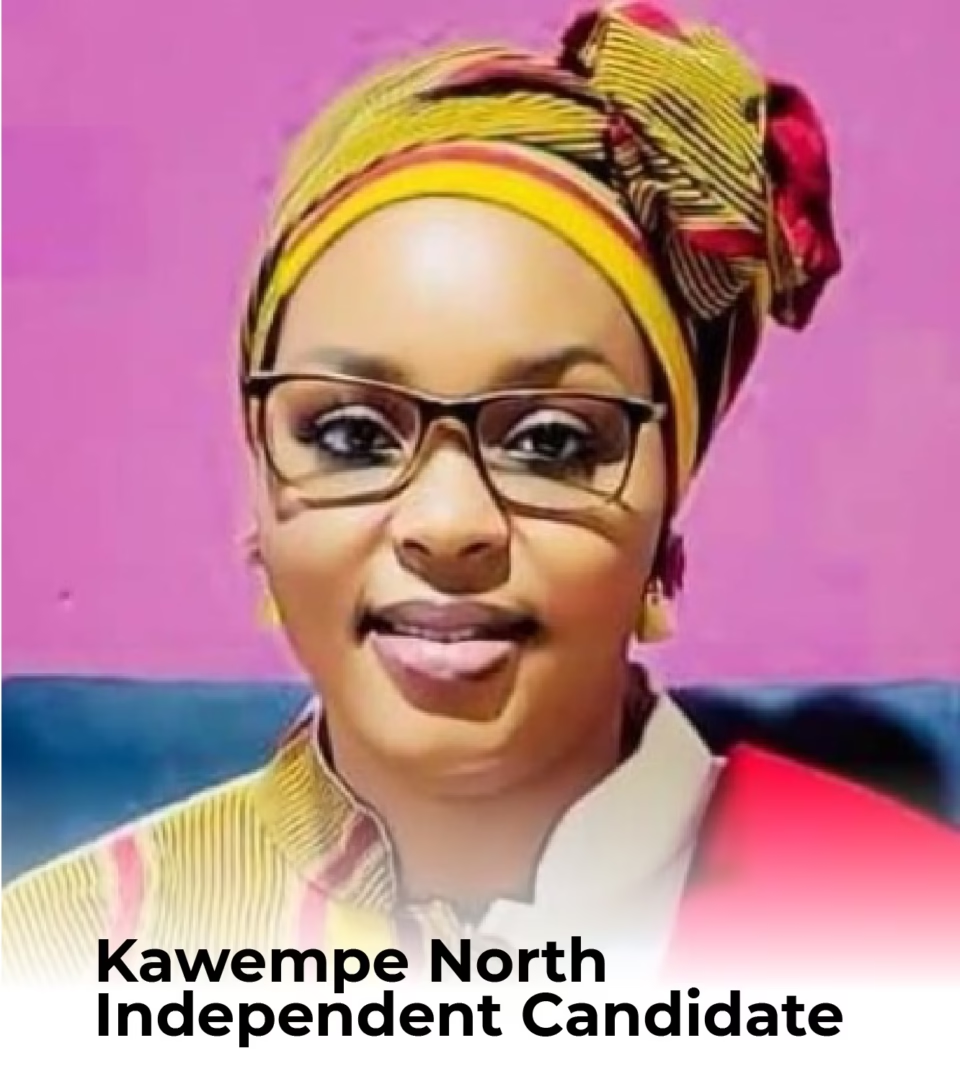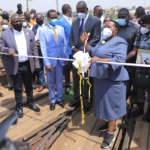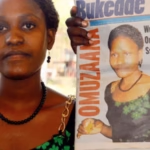By Mukwaba Katende & Jako Waluluka
The Kawempe North parliamentary by-election is shaping up to be a fiercely contested race, with over 10 candidates vying for the seat. The competition intensified after one of the unsuccessful NRM primary candidates decided to run as an independent, adding another layer of complexity to the already crowded field.
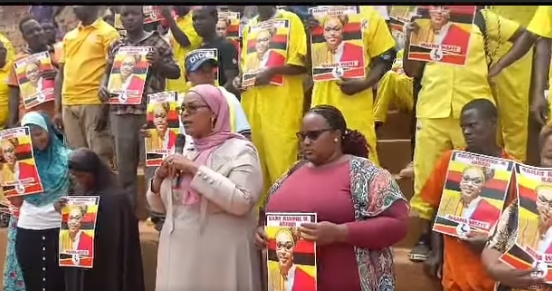
The by-election, scheduled for March 13, 2025, aims to fill the vacancy left by the late Muhammad Ssegirinya, who passed away on January 9, 2025. The Electoral Commission has outlined a road map for the election, including nominations on February 26-27, 2025, and campaigns from February 28 to March 11, 2025.
The candidates come from various backgrounds and parties, including the National Unity Platform (NUP), NRM, and independent aspirants. Notable contenders include Alex Luwemba, the former aide to Ssegirinya; Elias Luyimbazi Nalukoola, a prominent city lawyer; and Salim Serunkuuma, a businessman and former candidate.

With the campaign period underway, the candidates are expected to engage with voters, outlining their visions and plans for the constituency. The outcome of the by-election will be closely watched, as it may have implications for the broader political landscape in Uganda.
Hajat Hanifah Karadi’s decision to run as an independent candidate in the upcoming election is a significant development. After losing the NRM party ticket to Faridah Nambi, Karadi cited irregularities and bribery in the party’s endorsement process as her reason for taking this step.
As an independent candidate, Karadi will face unique challenges. Unlike party-affiliated candidates, independents don’t have the same level of support or resources. However, this can also be an advantage, as independents are often seen as less beholden to party interests and more focused on local concerns.
To succeed, Karadi will need to build a strong grassroots campaign and connect with voters directly. She’ll also need to navigate the electoral process, which can be complex and daunting for independent candidates.
It’s worth noting that running as an independent candidate is a viable option in many electoral systems. In some countries, independents can even receive state funding or support, although this varies widely.
Ultimately, Karadi’s decision to run as an independent candidate reflects her commitment to her constituents and her desire to challenge the status quo. Whether she succeeds or not, her candidacy is likely to have a significant impact on the election
Faridah Nambi’s victory in the NRM primaries was announced by Dr. Tanga Odoi, the party’s electoral commission chairperson, at the unusual hour of 1 am. This declaration followed a select meeting where Odoi attempted to persuade other aspirants and stakeholders to support Nambi.
Interestingly, this isn’t the first time Dr. Odoi has been involved in a closely contested NRM primary. In October 2024, he declared Rose Kabagyeni the winner of the Kisoro District Woman MP by-election primaries, with Kabagyeni garnering 39,941 votes.

In the Kawempe North parliamentary by-election, Nambi’s victory has sparked controversy, with some aspirants alleging irregularities in the voting process. The NRM party’s internal dynamics will be closely watched as the by-election approaches.
Hajat Hanifah Karadi’s decision to run as an independent candidate in the Kawempe North parliamentary by-election has sparked controversy. Karadi alleges that the National Resistance Movement (NRM) party’s internal selection process was flawed and biased towards Faridah Nambi, who was declared the winner despite not being a resident of Kawempe North.
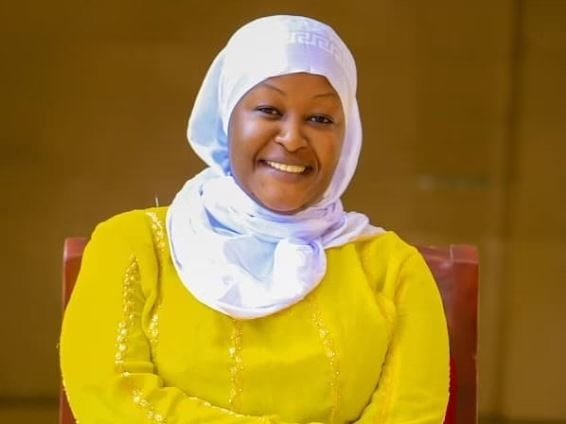
According to Karadi, the party’s chairperson, President Yoweri Kaguta Museveni, had guided Rose Mary Sseninde and Maj. Emma Kuteesa to unite party members and choose a flag bearer through consensus.
However, Karadi claims that Sseninde and Maj. Emma instead turned the process into a money-making venture, with some aspirants allegedly promised millions of shillings and job opportunities if they favored Nambi.
The voting process itself was also marred by irregularities, with voters asked to write their preferred candidate’s name on a piece of paper, which was then read out discreetly without verification. Karadi protested this methodology but was interrupted by the presiding officer, leading to her walkout.
Despite attempting to petition the NRM secretariat and top leadership, Karadi decided to run as an independent candidate in protest of Nambi’s selection. The Kawempe North parliamentary seat fell vacant after the death of Mohammad Ssegirinya, and the electoral commission has set the by-election for March 13

